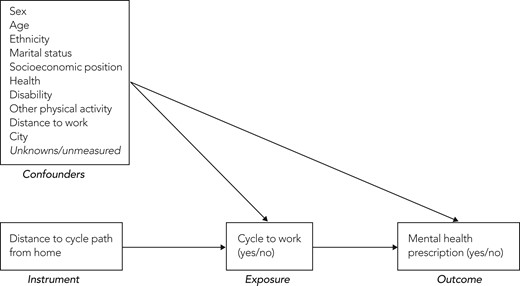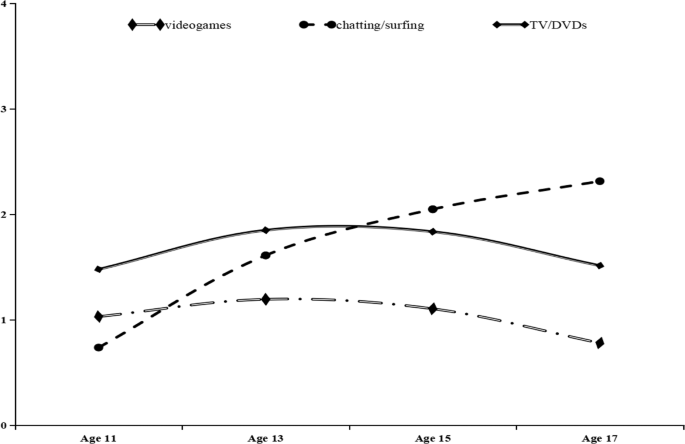2024-01-15 エディンバラ大学
◆結果は積極的な通勤の重要性と、自転車通勤を奨励するためのインフラ投資の重要性を示し、これが広く利益をもたらす可能性があると述べられた。
<関連情報>
- https://www.ed.ac.uk/news/2024/cycling-to-work-linked-with-better-mental-health
- https://academic.oup.com/ije/advance-article/doi/10.1093/ije/dyad153/7529101
自転車通勤はメンタル不調のリスクを減らすか?最寄りの自転車道までの距離を用いた操作変数分析 Does cycle commuting reduce the risk of mental ill-health? An instrumental variable analysis using distance to nearest cycle path
Laurie Berrie, Zhiqiang Feng, David Rice, Tom Clemens, Lee Williamson, Chris Dibben
International Journal of Epidemiology Published:15 January 2024
DOI:https://doi.org/10.1093/ije/dyad153

Abstract
Background
Previous studies have linked cycling with improved mental wellbeing but these studies tend to use cross-sectional survey data that have small sample sizes and self-reported health measures, and are potentially susceptible to omitted-variable bias and reverse causation. We use an instrumental variable approach and an objective measure of mental ill-health taken from linked administrative data to ask: ‘Does cycle commuting reduce the risk of mental ill-health?’
Methods
Our study links data on commuting in Edinburgh and Glasgow from the Scottish population census with mental health prescriptions from the National Health Service Prescribing Information System records. We use road distance from home to nearest cycle path as an instrumental variable for cycle commuting.
Results
In total, 378 253 people aged 16–74 years living and working in the City of Edinburgh and Glasgow City council areas at the 2011 census were included in our study; 1.85% of commuters in Glasgow and 4.8% of commuters in Edinburgh cycled to work. Amongst cyclists, 9% had a prescription for mental health compared with 14% amongst non-cyclists. Using a bivariate probit model, we estimate a mean average reduction in prescriptions for antidepressants and/or anxiolytics in the 5 years following the census of –15.1% (95% CI: –15.3% to –15.0%) amongst cycle commuters compared with those who use any other mode to commute.
Conclusions
This work suggests that cycle commuting is causally related to reduced mental ill-health and provides further evidence in support of the promotion of active travel to encourage commuters travelling shorter distances to shift to cycle commutes.


